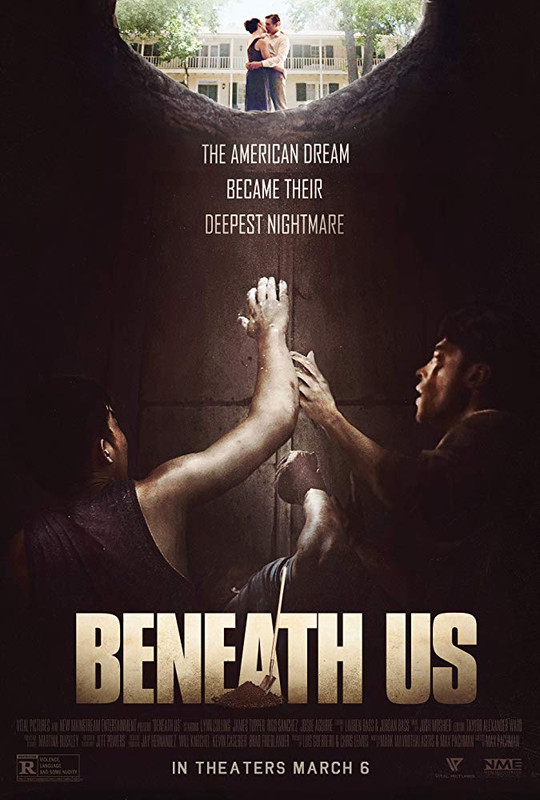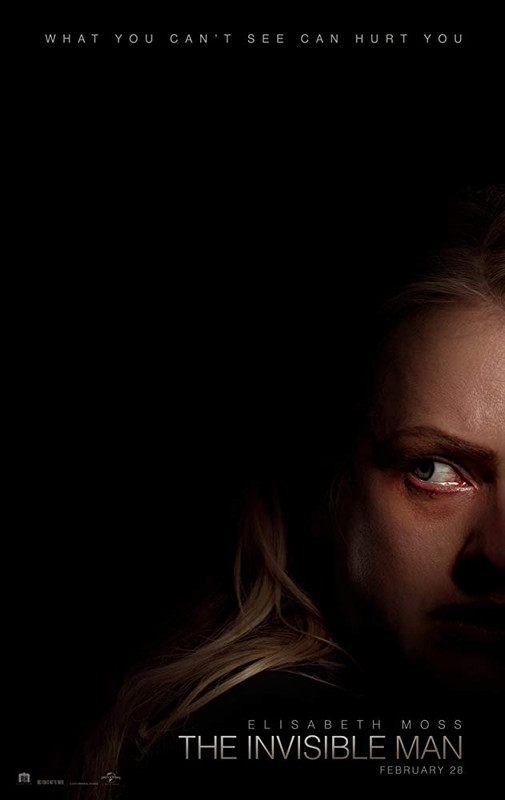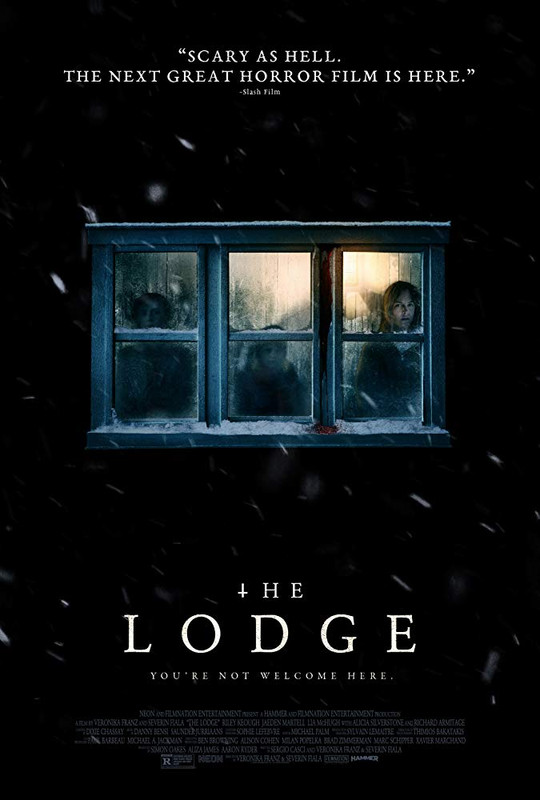Pixar’s
latest original (as in non-sequel) animated feature is ‘Onward,’ the whimsical
and wonderful tale of two unlikely blue-skinned Elf siblings who embark upon a
magical quest to bring back their father in a contemporary fantasy world that
would please the young and old alike. Reaching #1 at the box office and making $48 million domestic ($76 million worldwide) in its opening weekend
is no mean feat considering that moviegoers have been staying away from
theatres thanks to the coronavirus.
In
the make-believe world of New Mushroomton, Elf brothers Ian and Barley
Lightfoot (the former voiced by Spiderman Tom Holland, the latter by Star-Lord
Chris Pratt) defies our classical Tolkien-esque concept of an elf because Ian
is skinny and has a decidedly large and un-Elfish “Karl Malden” nose while
Barley is portly (so is their mom voiced by Julia Louis-Dreyfus) and oafish
rather than lithe and graceful. When
the socially awkward Ian got a magical wizard’s staff from his mother on his
sixteenth birthday and accidentally conjured up half the father he never met,
who died before he was born, he and his D&D-playing older brother decided
to jump into the latter’s unicorn-muraled van and go on a road-trip to “get the
other half.” While on their quest, they
are pursued by their mother Laurel with the help of a manticore (Octavia
Spencer) and her (their mother’s) new boyfriend, centaur Colt Bronco (Mel
Rodriguez).
Light-hearted,
filled with warmth and wildly imaginative, ‘Onward’ is brimming with geek-chic
and 1980’s-style nostalgia. It’s also
ultimately about brotherly love and family, told through likeable and relatable
animated characters inhabiting a colorful and wondrously immersive CG-rendered
fantasy world. Like the Harry Potter
movies, I find this film hard to resist.
Grade: A




